Why the Troubles Act faces a legal challenge in Belfast
Relatives of victims bring case against controversial legislation to High Court
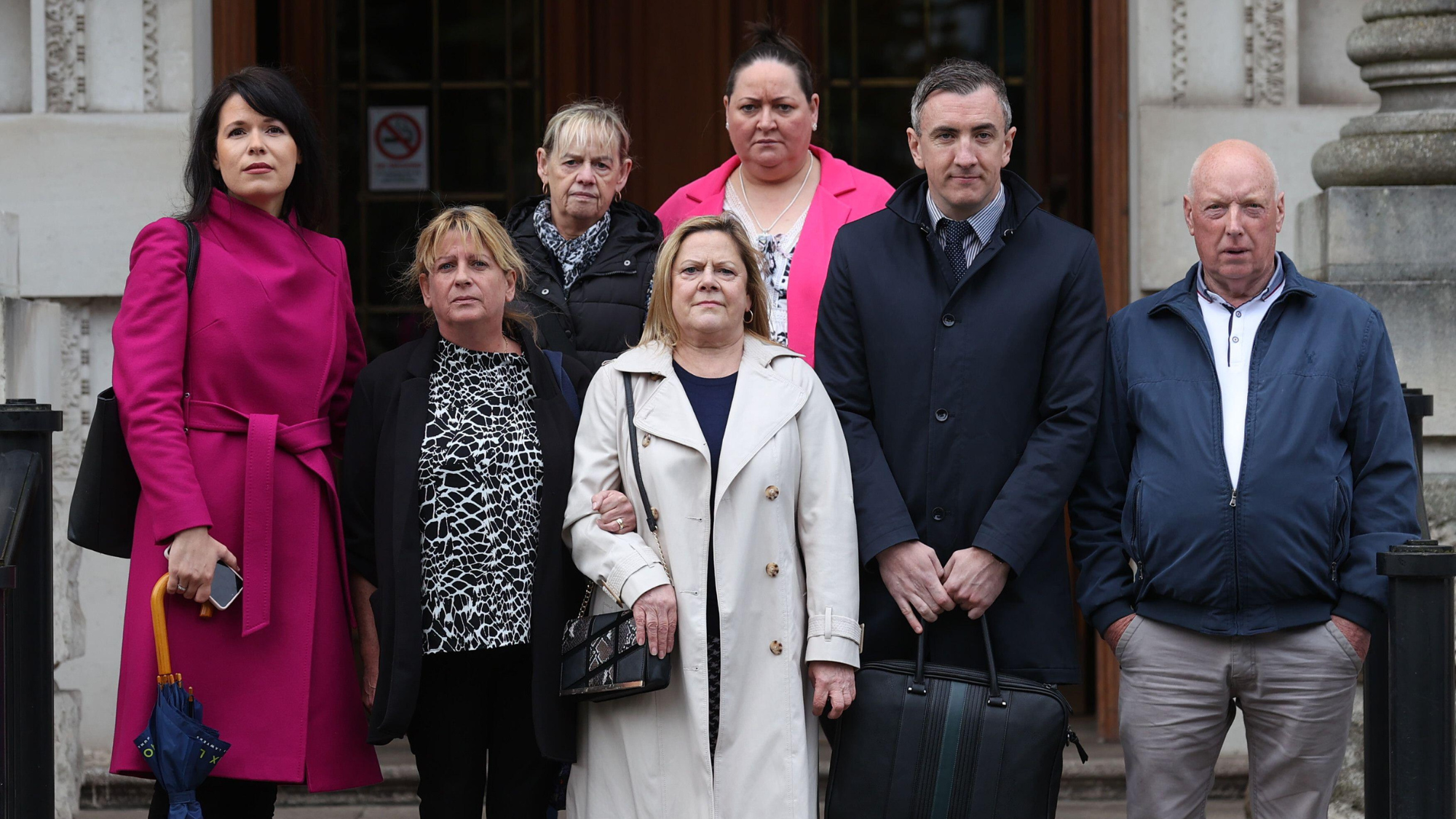
A free daily email with the biggest news stories of the day – and the best features from TheWeek.com
You are now subscribed
Your newsletter sign-up was successful
The High Court in Belfast is hearing a legal challenge against a controversial new act of parliament that will stop future prosecutions regarding crimes committed during the Troubles.
When the Northern Ireland Troubles (Legacy and Reconciliation) Bill was announced in July 2021, the then prime minister Boris Johnson said it would allow Northern Ireland to "draw a line under the Troubles".
But the country's main political parties, the Irish government and families of Troubles' victims believe it will only cause further harm.
The Week
Escape your echo chamber. Get the facts behind the news, plus analysis from multiple perspectives.

Sign up for The Week's Free Newsletters
From our morning news briefing to a weekly Good News Newsletter, get the best of The Week delivered directly to your inbox.
From our morning news briefing to a weekly Good News Newsletter, get the best of The Week delivered directly to your inbox.
What does the act say?
The act, which received royal assent in September, is an "attempt to resolve" the ongoing open investigations into murders committed during the 30 years of conflict between 1968 and 1998, Samantha Twietmeyer, of Queen's University in Ontario, wrote on The Conversation. More than 3,500 people died during that time.
Police investigations into Troubles-related crimes will be transferred to a newly created Independent Commission for Reconciliation and Information Recovery (ICRIR). The legislation will prevent victims' families from seeking further inquests or civil cases.
The ICRIR will also have the power to grant perpetrators immunity from prosecution on the condition they cooperate with the commission's investigations into events under review.
Why has the legislation proved controversial?
The Police Ombudsman for Northern Ireland's Historical Investigations directorate currently has "around 450 Troubles-linked complaints on its books", said The Irish News. "It estimates that it may only be able to report on up to 70 of those by May", when the ICRIR will take over managing investigations.
A free daily email with the biggest news stories of the day – and the best features from TheWeek.com
Hundreds of Troubles victims' families have this month been informed by the ombudsman that the investigations into their cases will be brought to an end before the change comes into effect.
The Council of Europe, which monitors its 46 member states' compliance with the European Convention on Human Rights, has warned that providing immunity from prosecution "risks breaching obligations under Article 2 of the European Convention to prosecute and punish serious grave breaches of human rights". It has "strongly urged" the government to reconsider the condition.
British military personnel are also "subject to a number of open investigations" in relation to the Troubles, said Twietmeyer on The Conversation. "In simultaneously applying amnesty and closing investigations", the act could "prevent the truth of government's culpability coming out".
What has the reaction been?
The act has been "strenuously opposed by victims' groups", said The Irish News, and – "in a rare display of unanimity" – by Northern Ireland's main political parties.
In August, Sinn Féin's deputy leader Michelle O'Neill described Westminster's proposed legislation as a "denial of human rights of victims and their families". Last month, the DUP's Emma Little-Pengelly described the act as an "affront to justice".
The legislation also faced "significant opposition" in Westminster, and from the Irish government. Leo Varadkar, the Taoiseach, has said the UK government's plan is "the wrong way to go about dealing with legacy issues in Northern Ireland". But the Conservatives "pressed ahead" with what many considered a "deeply flawed plan", said The Irish News.
Speaking in the House of Commons in September, Northern Ireland Secretary Chris Heaton-Harris said: "We must be honest about what we can realistically deliver for people in circumstances where the prospects of achieving justice in the traditional sense are so vanishingly small."
What will happen next?
Mr Justice Colton has said that Belfast High Court's "primary focus" during the hearing, which is expected to last five days, will be on the assertion that parts of the act violate the European Convention on Human Rights, said the Belfast Telegraph. The judicial challenge will also examine the creation of the ICRIR, and the end of police investigations, inquests and civil proceedings.
The Irish government has sought legal advice on raising a further judicial challenge against Westminster in the European Court of Human Rights. Should it choose to pursue such action, it "could put a vastly improved bilateral relationship under strain" once again, said the Financial Times.
In January, Labour leader Keir Starmer said that the then draft legislation indicated "how far this Conservative government in recent years has moved from a genuine understanding of the principles of the Good Friday Agreement".
Hilary Benn, the shadow Northern Ireland secretary, said in September that Labour would repeal the legislation if it were to win the next general election. "It would be useful," said The Irish News, "to hear more from Mr Benn about what that will mean in practice."
Julia O'Driscoll is the engagement editor. She covers UK and world news, as well as writing lifestyle and travel features. She regularly appears on “The Week Unwrapped” podcast, and hosted The Week's short-form documentary podcast, “The Overview”. Julia was previously the content and social media editor at sustainability consultancy Eco-Age, where she interviewed prominent voices in sustainable fashion and climate movements. She has a master's in liberal arts from Bristol University, and spent a year studying at Charles University in Prague.
-
 Political cartoons for February 19
Political cartoons for February 19Cartoons Thursday’s political cartoons include a suspicious package, a piece of the cake, and more
-
 The Gallivant: style and charm steps from Camber Sands
The Gallivant: style and charm steps from Camber SandsThe Week Recommends Nestled behind the dunes, this luxury hotel is a great place to hunker down and get cosy
-
 The President’s Cake: ‘sweet tragedy’ about a little girl on a baking mission in Iraq
The President’s Cake: ‘sweet tragedy’ about a little girl on a baking mission in IraqThe Week Recommends Charming debut from Hasan Hadi is filled with ‘vivid characters’
-
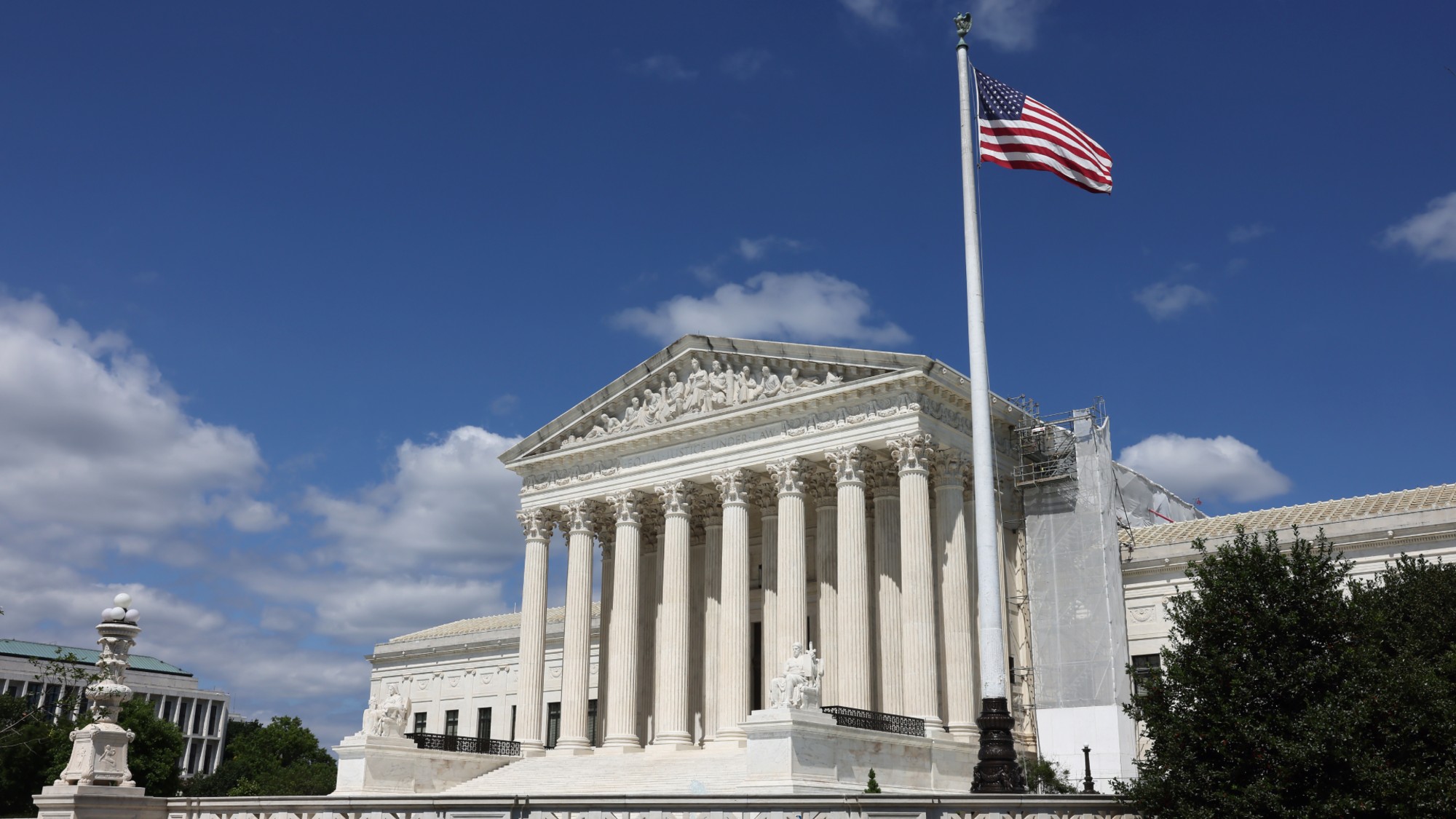 How far does religious freedom go in prison? The Supreme Court will decide.
How far does religious freedom go in prison? The Supreme Court will decide.The Explainer The plaintiff was allegedly forced to cut his hair, which he kept long for religious reasons
-
 The Supreme Court case that could forge a new path to sue the FBI
The Supreme Court case that could forge a new path to sue the FBIThe Explainer The case arose after the FBI admitted to raiding the wrong house in 2017
-
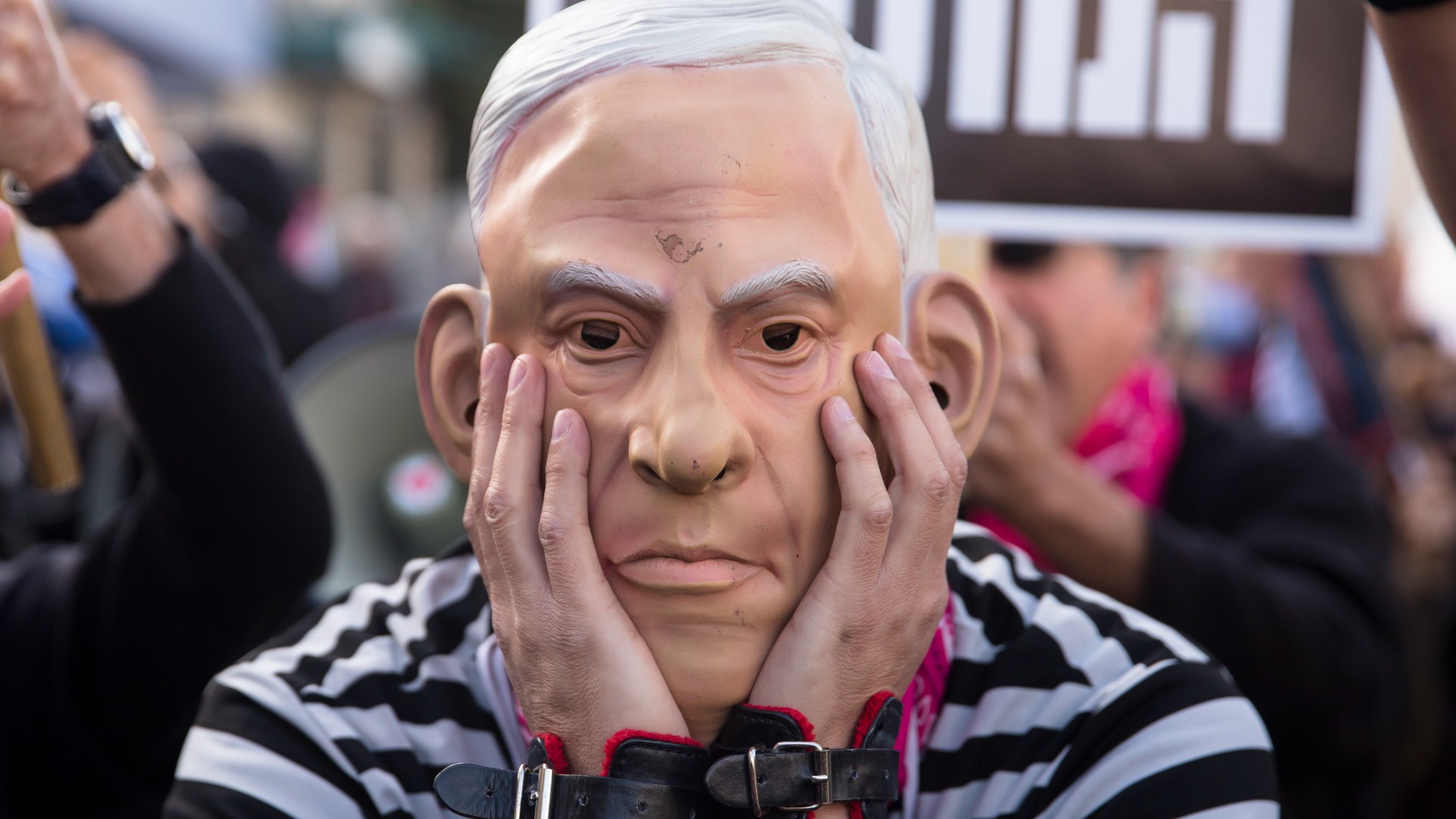 'Libel and lies': Benjamin Netanyahu's corruption trial
'Libel and lies': Benjamin Netanyahu's corruption trialThe Explainer Israeli PM takes the stand on charges his supporters say are cooked up by a 'liberal deep state'
-
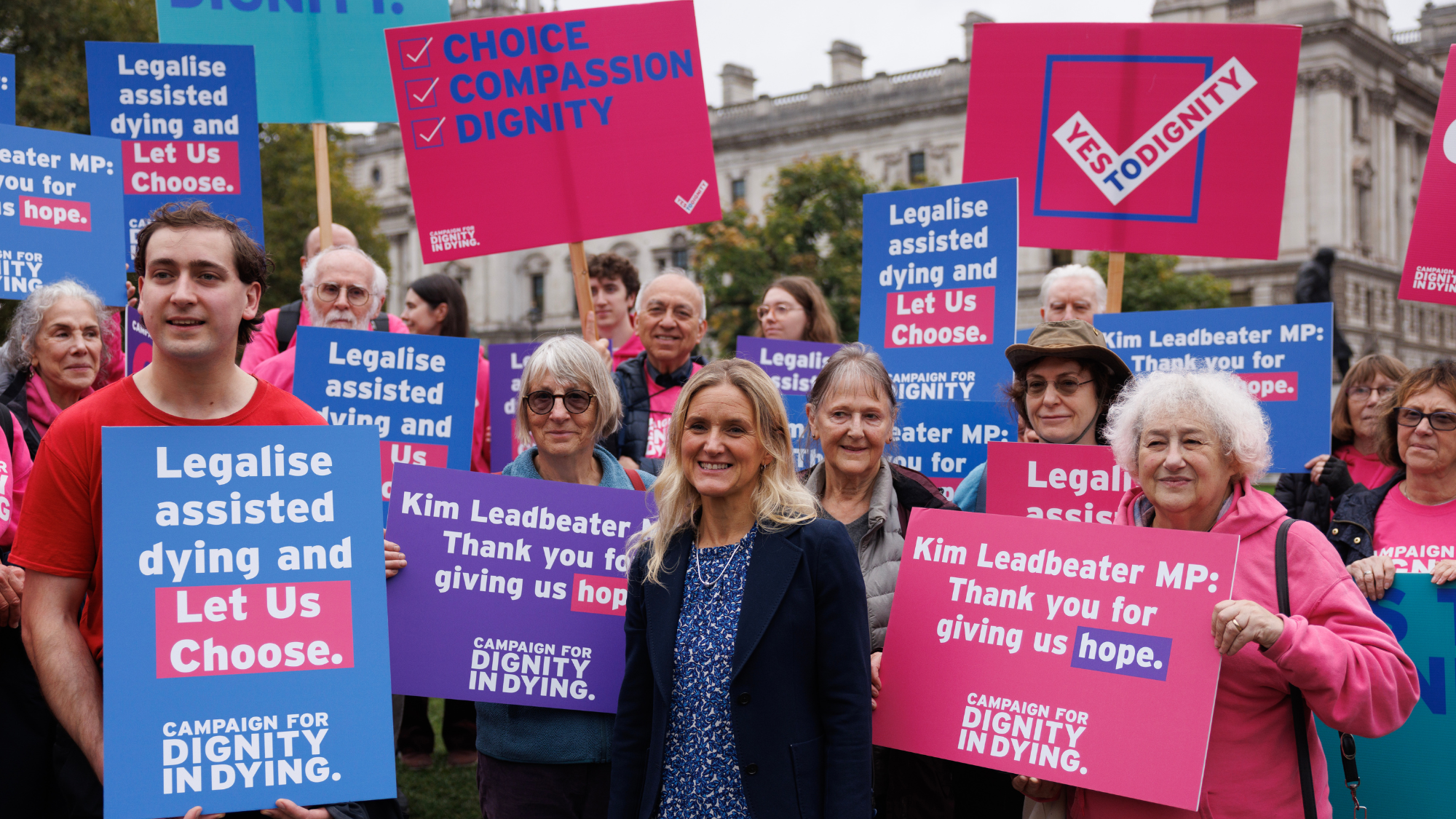 Assisted dying: what can we learn from other countries?
Assisted dying: what can we learn from other countries?The Explainer A look at the world's right to die laws as MPs debate Kim Leadbeater's proposed bill
-
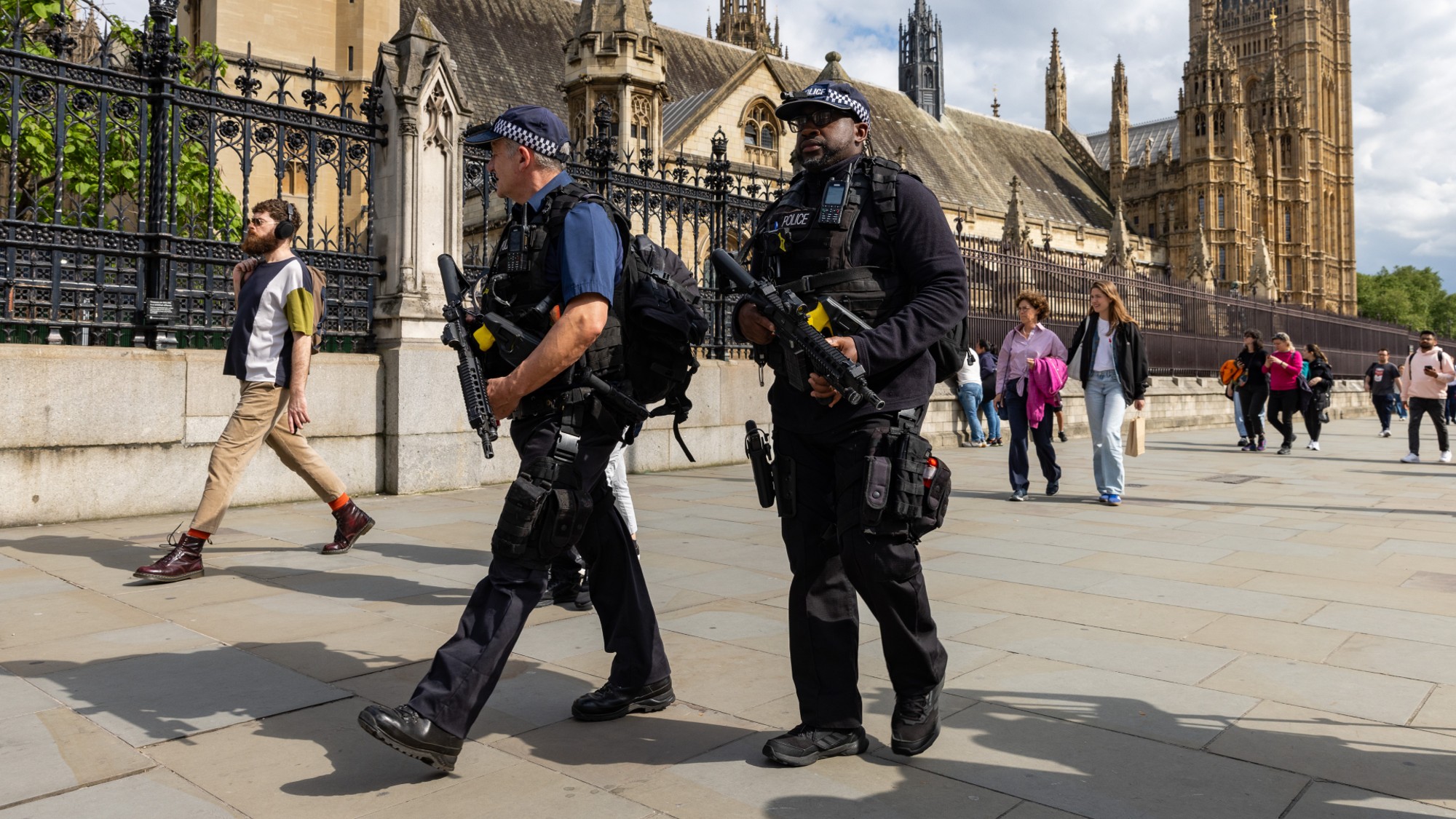 The rules for armed police in the UK
The rules for armed police in the UKThe Explainer What the law says about when police officers can open fire in Britain
-
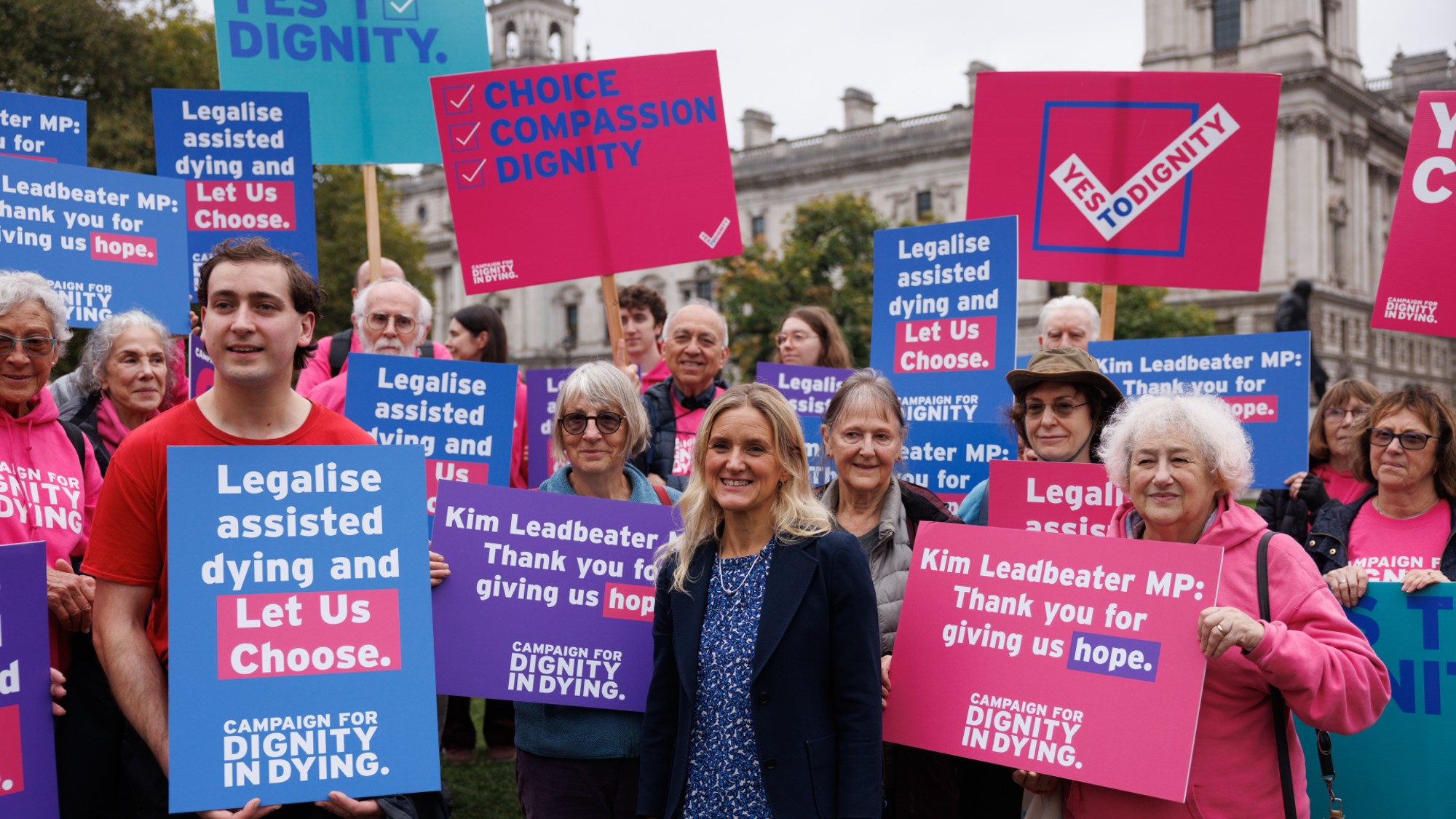 How would assisted dying work in the UK?
How would assisted dying work in the UK?The Explainer Proposed law would apply to patients in England and Wales with less than six months to live – but medics may be able to opt out
-
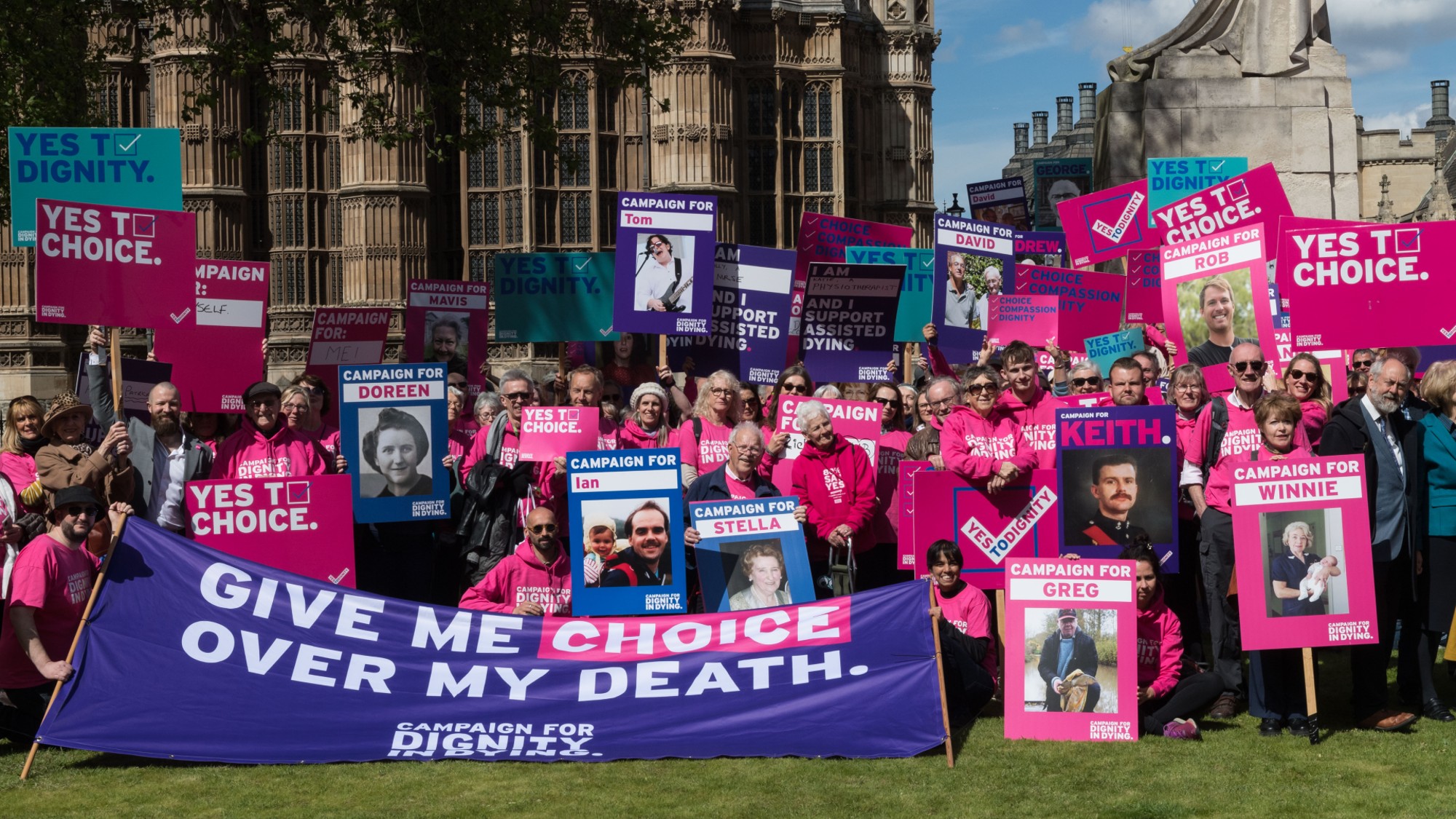 Assisted dying: will the law change?
Assisted dying: will the law change?Talking Point Historic legislation likely to pass but critics warn it must include safeguards against abuse
-
 The EU's landmark AI Act 'rushed' out as countdown begins on compliance
The EU's landmark AI Act 'rushed' out as countdown begins on complianceThe Explainer 'We will be hiring lawyers while the rest of the world is hiring coders' – Europe's warning about new AI legislation